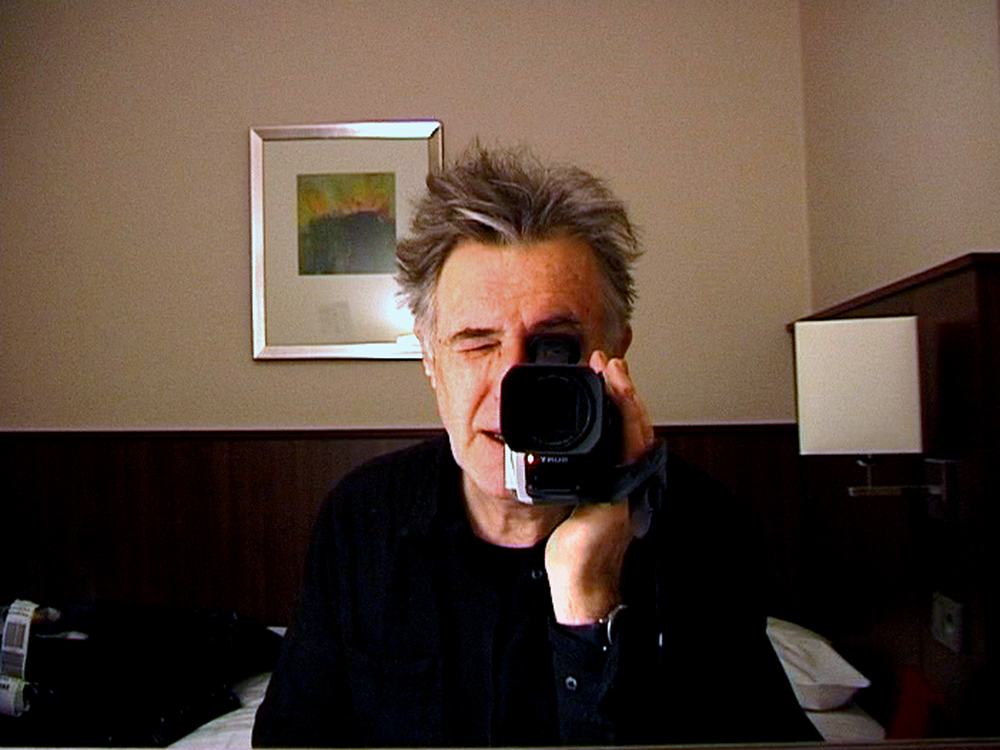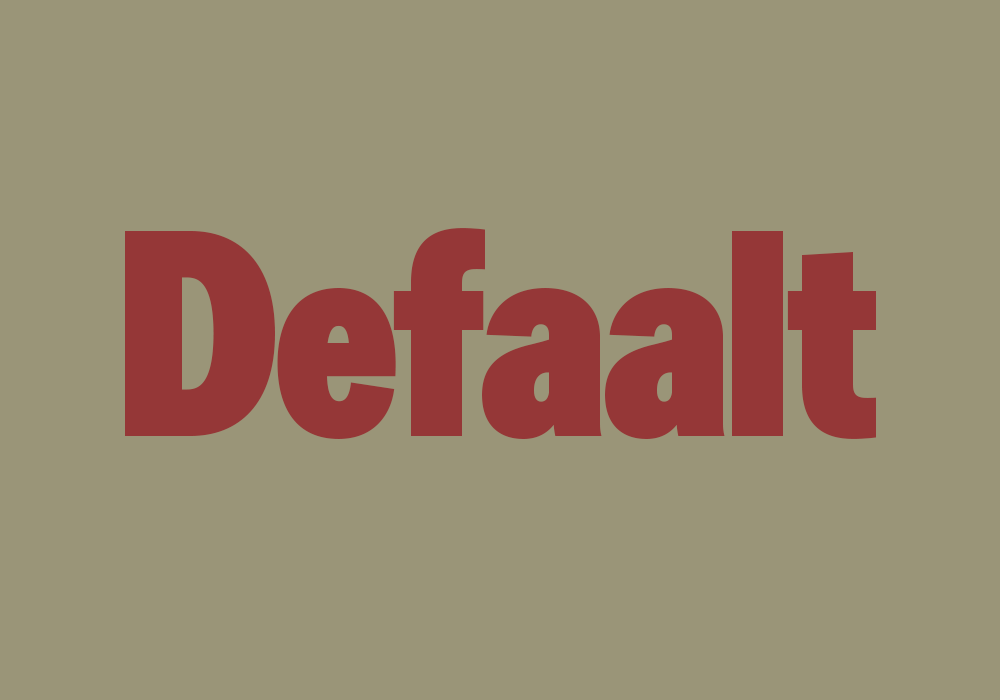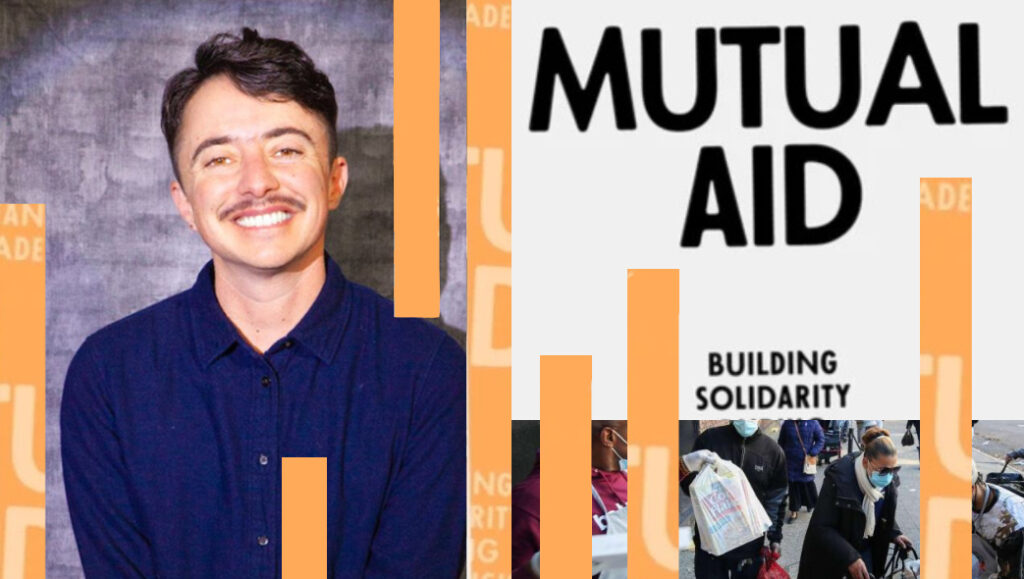
Pascal le Gall
Pascal le Gall
A carefully thought out, simple but rich performance using just a turntable, teach yourself foreign language LP’s, the impeccable timing of a percussionist, and an idea.
Arika have been creating events since 2001. The Archive is space to share the documentation of our work, over 600 events from the past 20 years. Browse the archive by event, artists and collections, explore using theme pairs, or use the index for a comprehensive overview.

A carefully thought out, simple but rich performance using just a turntable, teach yourself foreign language LP’s, the impeccable timing of a percussionist, and an idea.

Dworkin asks: What would a non-expressive poetry look like? A poetry of intellect rather than emotion?

These simple, one-take videos, relate personal experiences to the current conflicts in the Middle East via the most basic of means (a hotel room, a camcorder, John’s personal thoughts, concerns and convictions).

Noise music for the eyes: projectors turned into instruments, B&W film loops into a thrumming riot of colour, motion and sound.

Daniel Carter & Sabir Mateen’s trio with percussionist Andrew Barker; incessantly driving forward through sweat-drenched bursts of pure ecstatic freedom.

Glasgow based artist Defaalt invites the audience to collaborate fully in his performance by means of a generative graphical interface.

In this interactive workshop, Dean Spade, author of Mutual Aid, will share key principles, explore common challenges in mutual aid work, and offer tools for working through them.

A performance for dry ice and four specially constructed steel tables, each one heated by a single candle until searingly hot.

Sachiko’s very simple, pure sine tones and structures. Otomo on double pianos. Filament’s music isn’t composed and it isn’t improvised: it’s a hybrid of the two.

Rather than asking the state for services, what kinds of change are made possible when we prioritise people supporting each other?

Is it possible to dance our way out of the hardened stances and identity prisons we are locked in?

There are core ways in which our listening to the radio differs from other kinds of listening. What happens when we pay attention to how we pay attention?